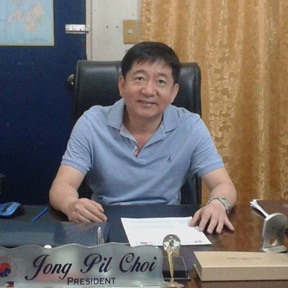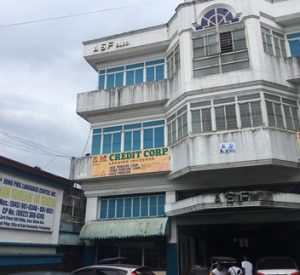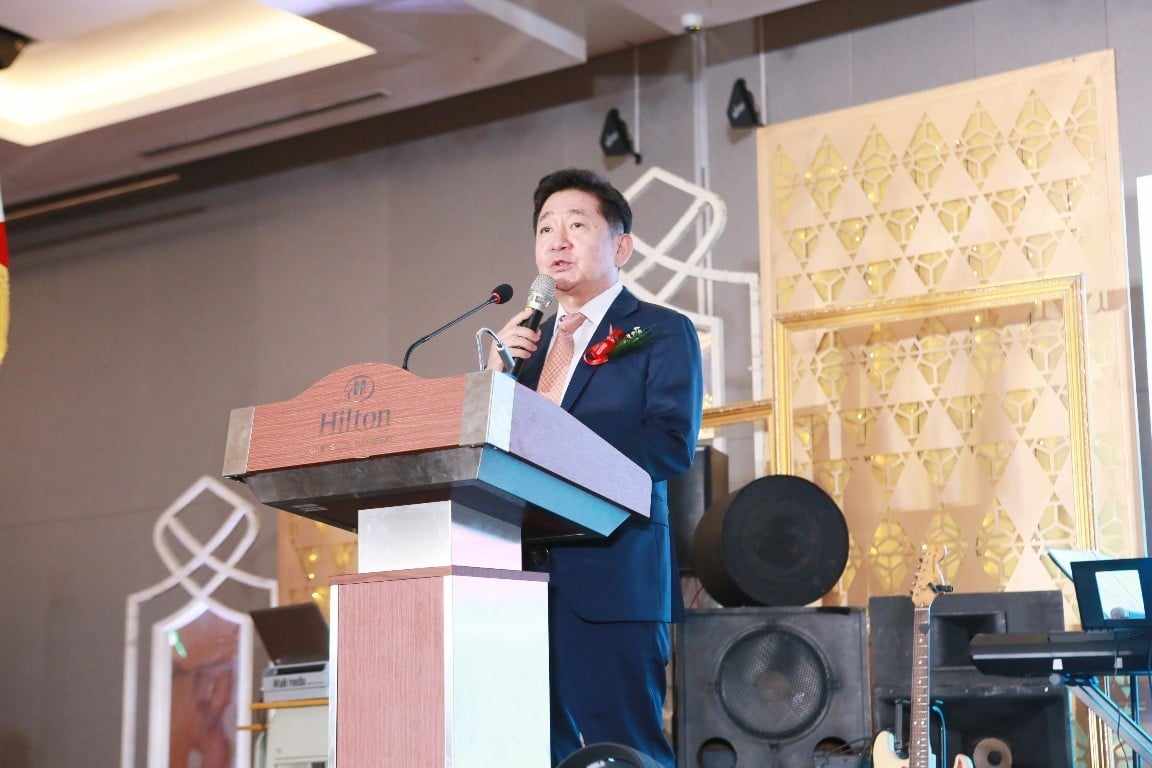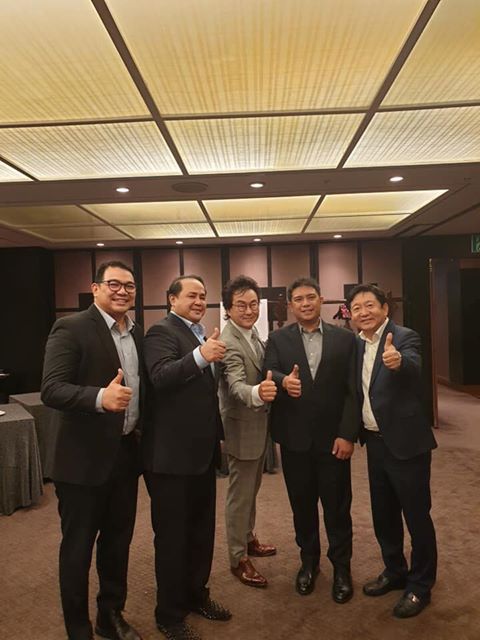
Mission
Jong Phil Language Center, Inc. would pursue a continuous and vigorous public awareness program about the Korean Employment Permit System (EPS), attracting the most number of Korean language students among other similar schools, and consistently aim for 100% EPS-TOPIK (Test of Proficiency in Korean) passing rate for all of its graduates.
Vision
Jong Phil Language Center, Inc. would become the most outstanding training center for Korean Language in the Philippines, producing the most number of EPS-TOPIK passers, through its strict adherence to the highest standards of training in oral and written Hanguel, and in Korean customs and traditions.
HISTORY
JONG PHIL LANGUAGE CENTER, INC. or JPLCI started as JP Language Center, Inc. in August 2005 and held office in Ortigas Center, Pasig City. It focuses in offering the Korean language training program only. Many of its students then were residents of the Pampanga province and so a Lubao Office was immediately established in October 2005. Soon enough, the San Fernando Office was opened. It had existing offices also in Apalit and Sta. Ana. It conducted classes in several municipalities in Pampanga in coordination with their Public Employment Service Office (PESO). The San Fernando Office received its TESDA accreditation on the 26th day of June 2006 with NTR No. 0603052173.
The school is proud to be one of the most well-known pioneer Korean language schools in the country. Mr. Jong Pil Choi, founder and president, first envisioned a school that will offer a quality Korean language education for Filipino workers who wish to seek employment in South Korea. Various scholarship programs were already offered in coordination with the school by TESDA, former President GMA, Pampanga Gov. Dennis Pineda, Vice-Governor Lilia Pineda and other local government officials of Pampanga. Nowadays, the school sustains its popularity as more and more of its graduates passes the EPS-TOPIK and are being sent to work in Korea almost every month together with other Filipinos from all over the country. It boasts of more than 12,000 of its graduates as already deployed to South Korea.
The school was also recognized as the Best Korean Language and Culture Learning Center during the Golden Globe Annual Awards for Business Excellence held last March 23, 2018 at the Manila Hotel.
LATEST NEWS
OUR OFFICE

TRAINING PROGRAM
JPLCI currently offers 120 hours of Korean language training using flexible learning delivery modes which complies with the requirements of TVET arrangement towards the new normal during COVID-19 crisis with the following modules:
- Basic facts about South Korea
- The Korean alphabet
- Daily life in Korea
- Public places and institutions in Korea
- Workplace in Korea
Distance learning with face-to-face delivery mode is being utilized by the school. Print and non-print learning materials are distributed to the learners. Face-to-face classes are conducted strictly following the health protocols. The school also uses a workbook for their classroom seatwork and homework, and a textbook as recommended by the Human Resources Development Service of Korea (HRD Korea), POEA’s Korean counterpart for labor recruitment in the Philippines. Online tutorial videos are also provided to students to ensure that they continuously study even after their training at their homes in their own convenient time. Hand-outs, reviewers and soft copy of other useful materials are provided to make sure that they gain increased confidence in passing the EPS-TOPIK.
Korean language can be learned easily when an effective learning program is utilized and ample time is given for the learning process. The course is designed to provide students with adequate language skills in reading, writing and speaking. After the 120 hours of training, the students should be able to communicate effectively in Korean language, enabling them to have a productive and meaningful interchange with Korean nationals.
The training program is also designed to meet the highest language competency standards that should allow students to easily pass the EPS-TOPIK, which is given to foreign nationals aspiring to work legally in South Korea. A good knowledge of the Korean culture and history would likewise allow students who would eventually sojourn in Korea to easily adjust to the Korean society.


